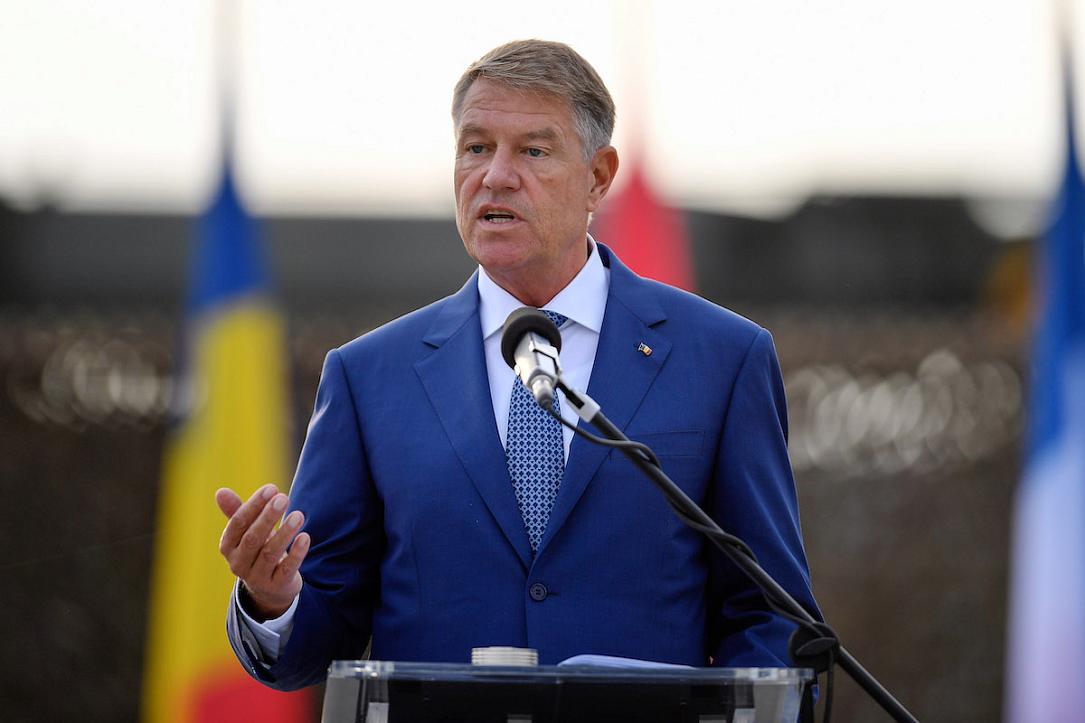Romanian political leaders respond to Austria’s ‘unfair’ decision to block Romania’s Schengen accession



Romanian political leaders reacted to Austria's decision to vote against accepting Romania into the border-free Schengen zone at the Justice and Home Affairs Council on December 8. But they also assured Romania would continue on this path, as joining Schengen is still a crucial goal for the country.
President Klaus Iohannis said Romania deserved to receive a favorable vote from all EU interior ministers and called Thursday's lack of consensus "profoundly unfair." A single member state decided to block European unanimity and, according to the Romanian leader, the "regrettable and unjustified attitude of Austria" risks affecting "European unity and cohesion, which we need so much, especially in the current geopolitical context."
"Romania will continue to act responsibly, decisively, and in good faith in the direction of strengthening the internal security of the European Union, as it has done so far," president Iohannis said.
He also thanked the member states that supported Romania's accession to Schengen, which he said is a strategic objective the country will surely achieve.
Prime minister Nicolae Ciuca also expressed "deep disappointment" after the December 8 vote on Romania's accession to the Schengen area but also thanked the European Parliament and Commission and the other European partners for their support in this effort.
"All the European states agreed to open the Schengen area gates to Romanians, as a recognition of our preparation, but also of the continuous efforts, for years, to protect the external European borders. All, with one unjustified exception, Austria," the PM said.
According to him, Austria's decision to block Romania's bid was based on figures that Romania "has clearly proven to be incorrect."
"We have recognized the difficulties of the member states that are under migratory pressure, and we have always acted in solidarity and actively to find solutions at a European level. Only together can we solve these problems. We had concrete proposals for our partners and worked intensively with the European Commission to respond to these concerns. We regret and frankly do not understand the inflexible position of Austria," prime minister Ciuca explained.
And similar to the president's comment, the PM also said that Thursday's vote would not stop Romania, which will resume the process of accession to the Schengen area. "Romania's accession remains a strategic national objective, and we will continue all discussions and negotiations to achieve this goal."
Interior minister Lucian Bode also reacted to the December 8 negative vote, calling Austria's decision "unfair," a decision "that affects the credibility of all of us as a union of rules and principles."
"It is unacceptable to change the rules during the process. Austria's internal problems cannot be blamed on Romania. We proved this with numbers. Romania cannot be penalized undeservedly for the internal situation in Austria. We have offered solutions, support, but we are not responsible for the situation in Austria," minister Bode said, according to Digi24.
According to Lucian Bode, Romania will try again to join the border-free area next year.
Another reaction came from the Ministry of Foreign Affairs (MAE), which said it "firmly rejects as totally inadmissible" Austria's position to vote against Romania, adding that this way, Austria "self-isolated within the European Union."
"The Austrian side's invocation of the issue of increased migration flow as a justification for the opposition to Romania's accession to Schengen is unacceptable, incorrect and unfair, considering that all the data officially provided by the Frontex Agency of the EU clearly indicate that Romania is not on the Western Balkans migration route, does not face migration pressure and is not a source of secondary migration movements," reads MAE's statement.
"On the contrary, Romania actively contributes to the management of the risk of illegal migration, and the exemplary way in which it managed the flow of refugees as a result of Russia's aggression against Ukraine represents additional evidence in this regard, appreciated by all European and Euro-Atlantic partners," it added.
In this context, the Austrian ambassador in Bucharest was summoned to the Ministry of Foreign Affairs to be informed of Romania's position and the ministry's protest to the "unjustified and unfriendly attitude of Austria, which will produce inevitable consequences on bilateral relations."
Schengen is the largest free-travel area in the world, with currently 22 EU countries participating, plus four associated non-EU countries (Norway, Iceland, Switzerland and Liechtenstein). Romania hoped to join the EU border-free zone as of January 1, 2023, but the December 8 vote blocked its accession and that of Bulgaria, despite support from the European Commission, the European Parliament and a majority of member states. Croatia, however, was accepted into Schengen.
irina.marica@romania-insider.com
(Photo source: Inquam Photos/Alex Nicodim)